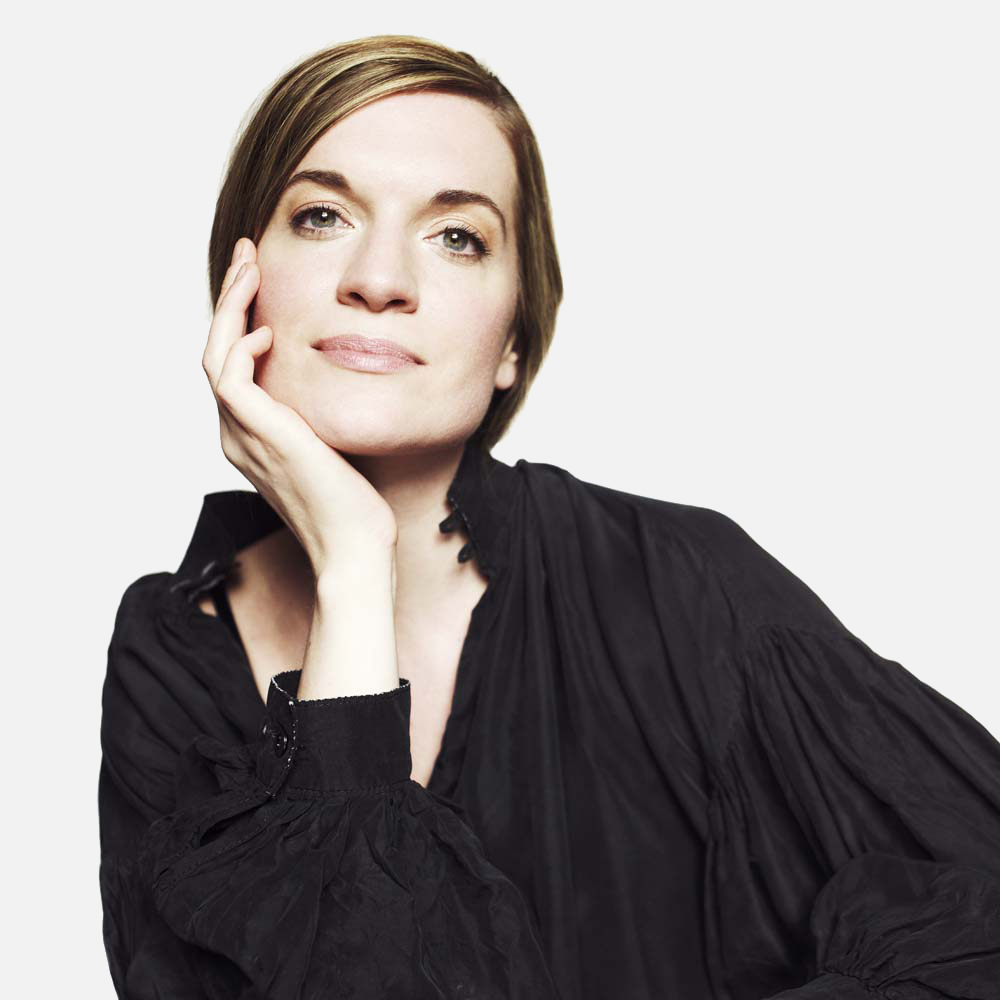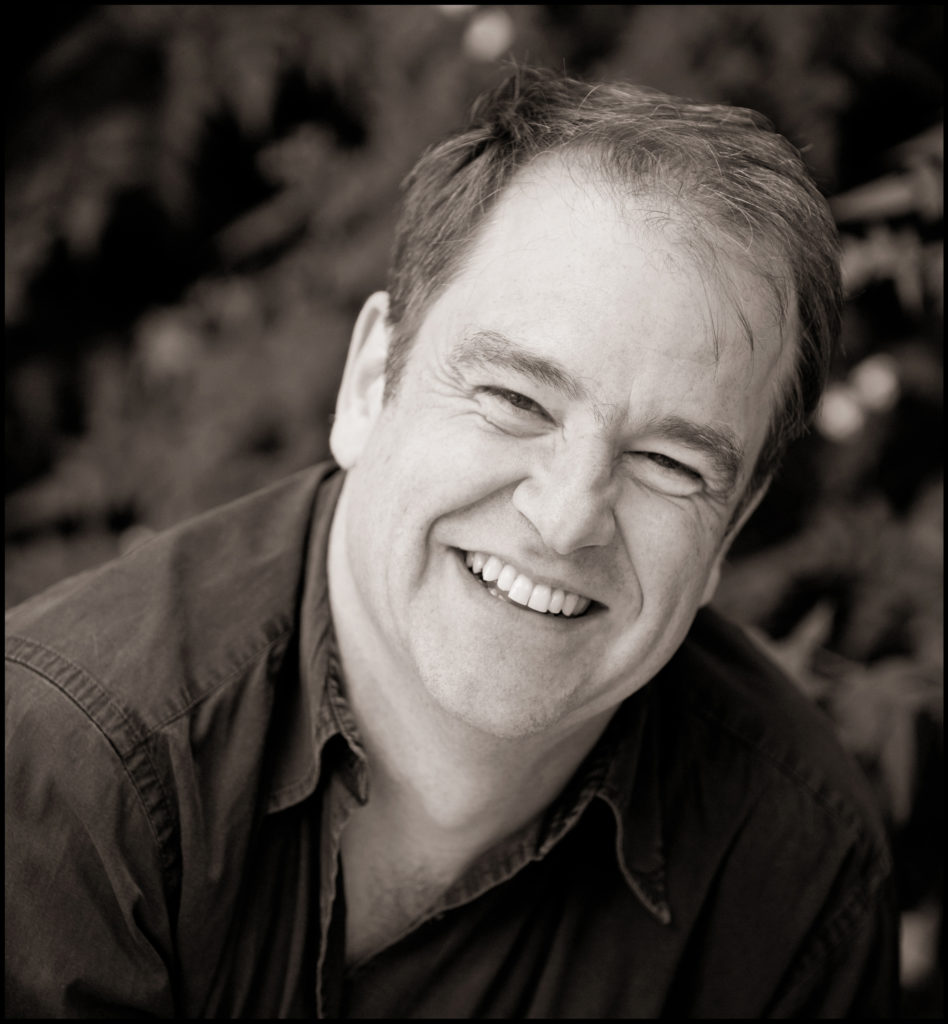Voice from the Soul
Feature
Ruby Hughes & Natalie Clein
‘The sound of the cello is closest to the human voice, at once so earthbound, expressive, humane, warmly baritonal and, in its higher register's, so radiant’
I started to sing and to play the cello almost at the same time. I love the sound of the cello dearly, it’s closest for me to the human voice, at once so earthbound, expressive, humane, warmly baritonal and,in its higher registers, so radiant. Halfway through my time at music college I was offered the opportunity to go to Vienna and study singing, and that became my path.
My happiest memories as a cellist are of playing chamber music by Schubert, Beethoven, Mendelssohn, Schumann and Brahms. I learnt so much about style, about phrasing and listening. When I came to sing these composers I learned to ‘breathe’ them as a singer, which had a profound impact on my cello playing. Technical issues like intonation transferred from the cello to voice: no string player can ever get away with insensitive, non-expressive intonation, or a ‘default’ vibrato.

© Camilo Echeverri
Of course, becoming a singer has given me the gift of words, so communication has become less abstract, which suits me. But my relationship with the cello has once again become central: the way it sustains sound is very grounding, so that when I’m singing with continuo I feel rhythmically supported, especially in Bach’s music: the dance element is alive in the cello part.
In works like those by Tavener, the cello is an absolutely pure singing voice: his Akhmatova Songs are so striking, so austere. Everything is stripped away, it goes straight to the heart. In Michael Berkeley’s beautiful Rilke setting, by contrast, cello and voice intertwine: it’s about an ‘almost- girl’ who invades the memory ‘bedding down within the ear’ and possessing the poet. It reminds me of a Jewish prayer.

© Sim Canetty-Clarke
I miss the cello very much, more than ever now. I spent so many years working at it, in some ways it became associated with a kind of pressure that anyone studying an instrument at college will recognise. It was very hard to let go, but it’s in my musical DNA, it affects the way I listen, the way I hear the harmony, the way I respond to sound. When I perform with an orchestra I mentally clock-in with the cello section.
For me, the bow, the right arm, is my breath. I love working with singers – it’s liberating to be with someone producing a sound entirely from their own body. I also love the presence of words: they remind me that we should always be speaking, singing with our instrument. Schubert’s Auf dem Strom for cello, voice and piano gives one so many inspiring images to hold in the mind. When composers want to dazzle they use the violin, but I always feel that when they want to express their most heartfelt thoughts, they speak through the cello.